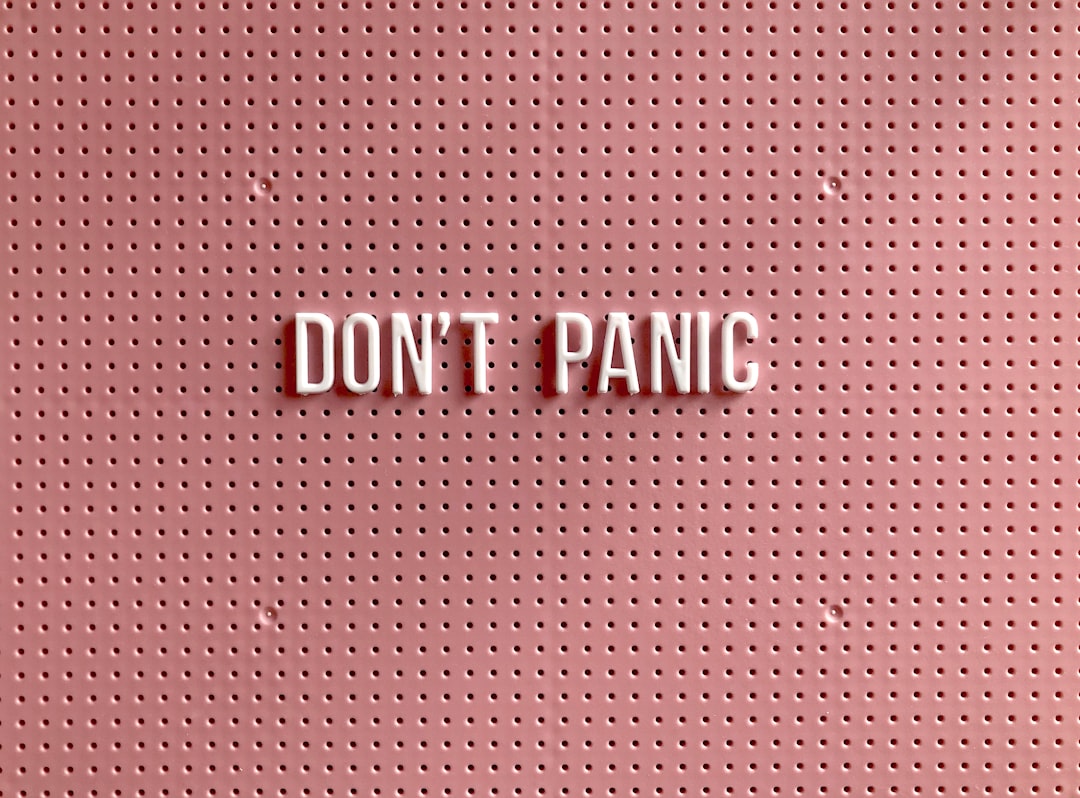I’ll never forget the time I asked something of a Super Powerful Famous Author (SPFA) and they responded promptly with an email that just said “No.”
Not “no thank you,” not, “gosh, I really wish I could contribute to this fascinating article you contacted me about, but bla bla,” just ‘no.’
My heart stopped beating. I wondered, for a moment, if I might die there with my inbox open. Just shut my eyes and die.
Did the SPFA hate me? Was I a total embarrassment? Had I overstepped even though we’d emailed previously without issue? What was dawning on me as I died in front of my Gmail was something I realize only now: Learning to say no is a mark of maturity; using no effectively is a superpower.
*
When I was a green writer, I was too caught up in the availability complex to understand that the Super Powerful Famous Author had saved us both a lot of time. I had asked her a question, and she had given me a response, and now we were both free to keep going about our lives.
This was many years ago, but the forcefulness of the SPFA’s ‘no’ eventually encouraged me to see ‘no’ as a respectful word, instead of the reverse. After all, there are a lot of people who simply don’t respond to things, which—if you’ve been on the receiving end of such a silence—is the worst rejection of all.
The requests writers get in literary land are manifold: blurb deadlines, panel invitations, opportunities to review a book, edit a book, submit to a magazine, join a festival, volunteer for a festival, write a letter of recommendation, introduce someone to someone else, the list goes on and on.
In the last few years, I have been saying no more than ever, and it’s increased the quality of my free time, my ability to focus on my writing, and my enjoyment of the things that I agree to do.
I’d like to share here how I turn a “meh” into a “nah.”



